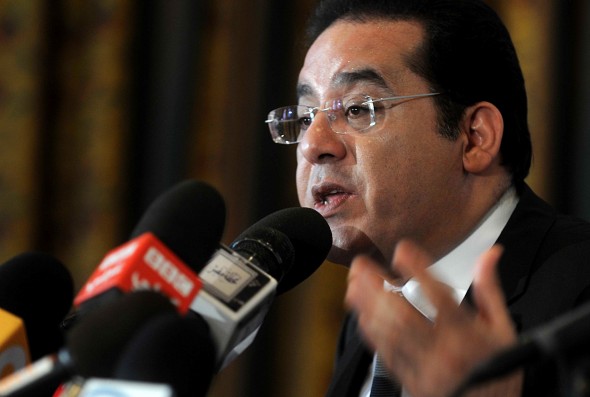Egypt’s balance of payments recorded an overall deficit of $1.9bn in the first nine months of the 2024/2025 fiscal year, swinging from a $4.1bn surplus a year earlier, the central bank said on Monday.
The shift was mainly driven by a drop in capital and financial account net inflows, which were recorded at $7.7bn compared with unprecedented inflows of $20bn in the corresponding period last year, which included the $15bn “Ras El Hekma” investment deal.
Despite the overall deficit, the current account deficit for the July-to-March period improved by 22.6% to $13.2bn from $17.1bn a year earlier. The improvement was heavily concentrated in the third quarter (Jan-March 2025), when the deficit narrowed by 69.3%.
The improvement in the current account was supported by a surge in remittances from Egyptians working abroad, which rose 82.7% to reach $26.4 bn, compared to $14.5 bn in the same period last year. Tourism revenues also rose by 15.4% to $12.5 bn, while the investment income deficit retreated by 13.4% to $12.2 bn.
However, these gains were partly offset by a sharp fall in Suez Canal receipts and widening trade deficits.
Suez Canal transit receipts fell by 54.1% to just $2.6bn, down from $5.8bn, due to the ongoing Red Sea tensions that have forced several shipping companies to divert their routes. The canal’s net tonnage dropped by 61.9%.
The oil trade deficit widened to $10.3bn from $5.1bn, primarily due to a $4.8bn increase in oil imports to $14.5bn, driven by a surge in imports of natural gas. Oil exports declined by $430.5m to $4.2bn.
The non-oil trade deficit increased to $28bn from $23.7bn, as a $10.3bn rise in non-oil merchandise imports outpaced a $6.1bn increase in non-oil exports. The rise in imports was concentrated in items such as wheat, soya beans, and car parts, while gold and ready-made clothes led the increase in exports.
CAPITAL AND FINANCIAL ACCOUNT
The capital and financial account registered a net inflow of $7.7bn, a significant drop from the $20bn recorded in the same period a year earlier.
Foreign direct investment (FDI) in Egypt recorded a net inflow of $9.8bn, compared with $23.7bn in the corresponding period that was inflated by the Ras El Hekma deal.
FDI into non-oil sectors registered a net inflow of $9.1bn, which included $4.3bn in greenfield investments or capital increases, $3.1bn in reinvested earnings, and $1.6 bn in real estate purchases by non-residents. FDI into the oil sector achieved a net inflow of $669.6 m, reversing a net outflow of $175.6m a year earlier.
Portfolio investment in Egypt recorded a net inflow of only $2.1bn, compared with $14.6bn in the prior-year period.




